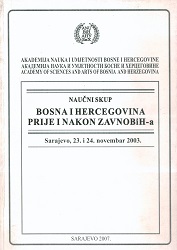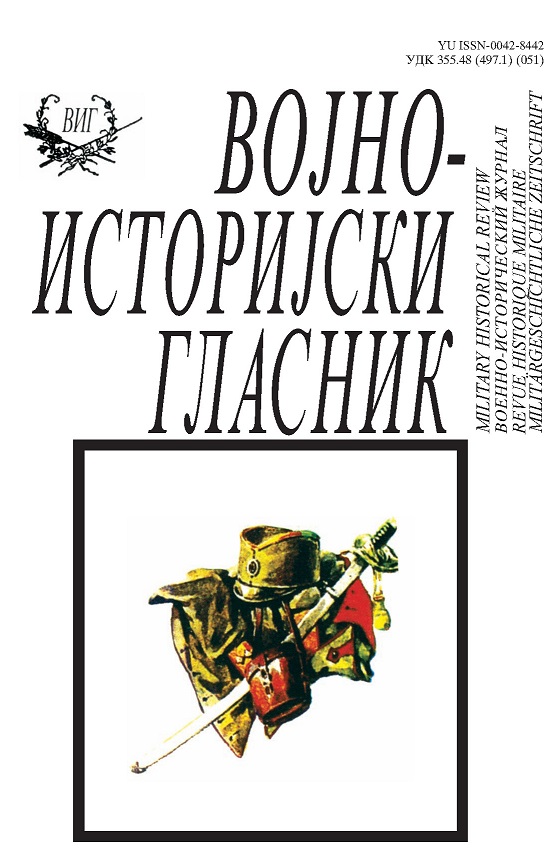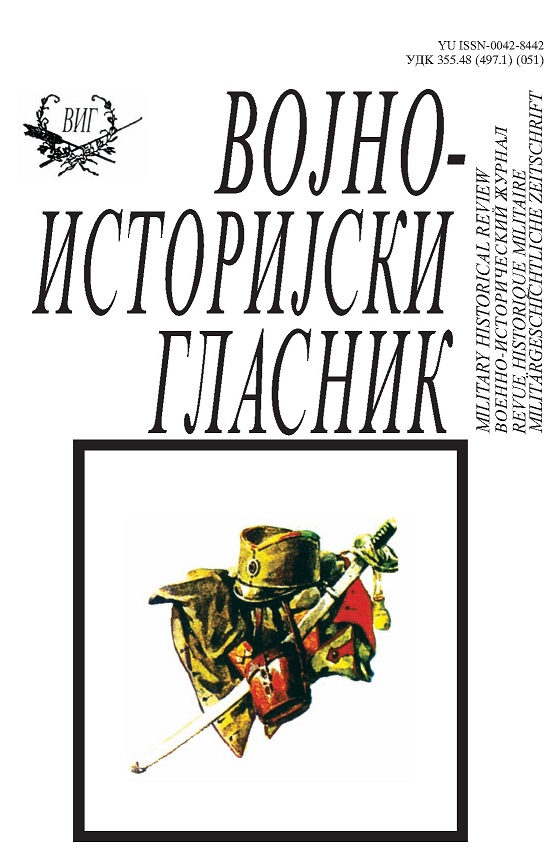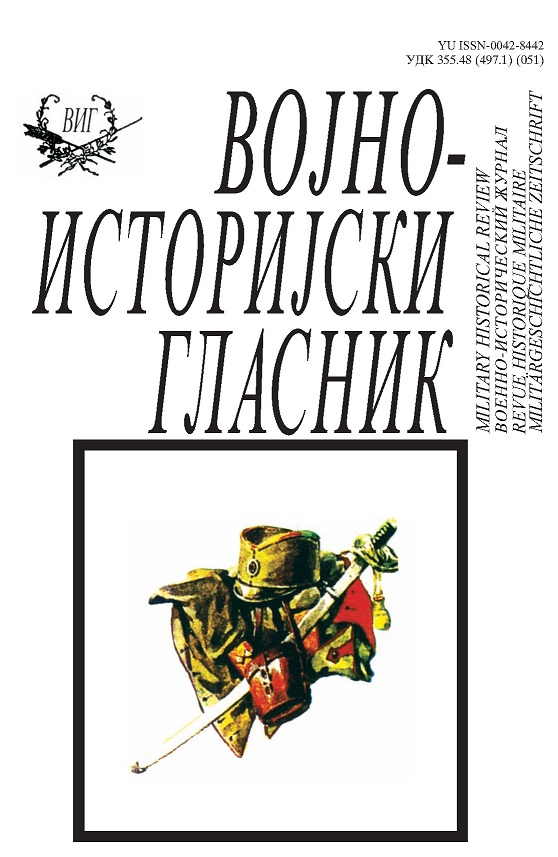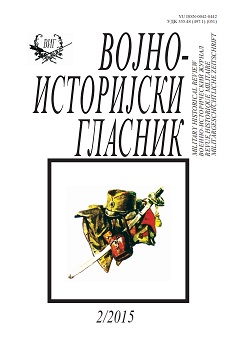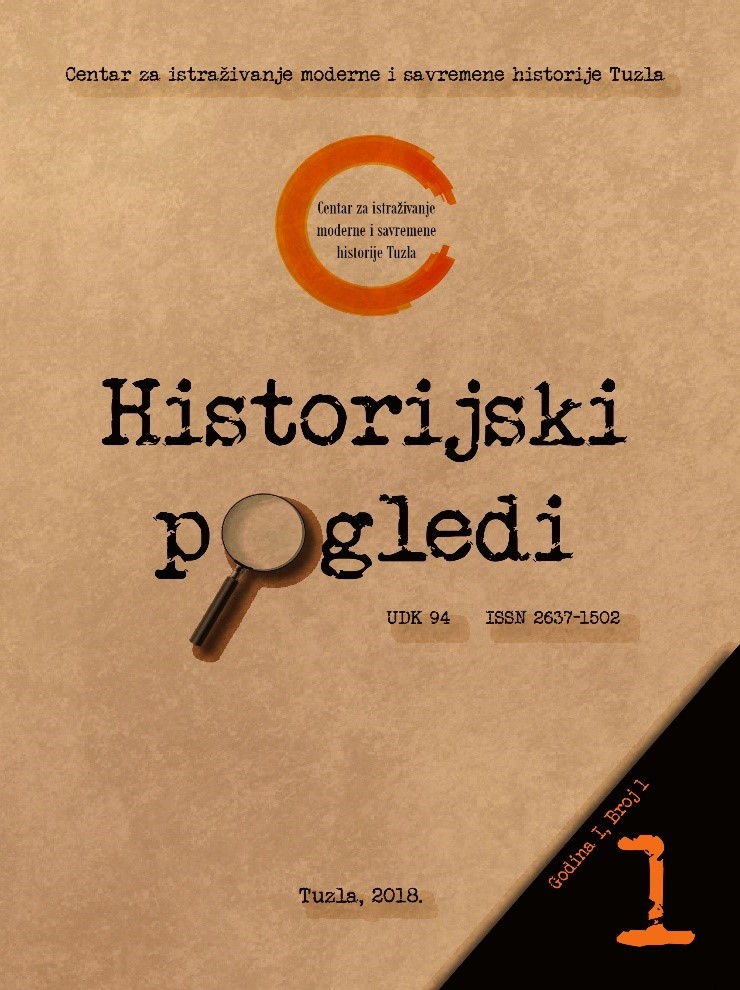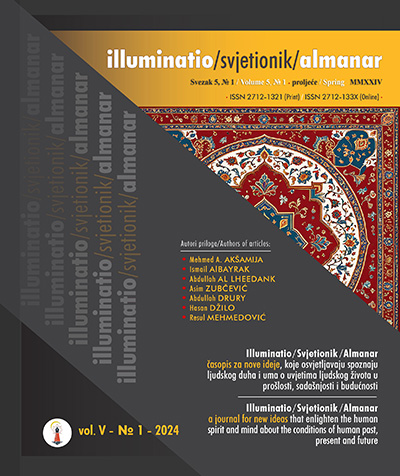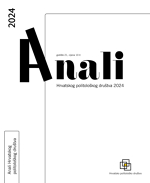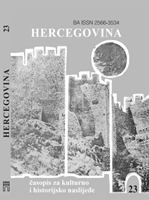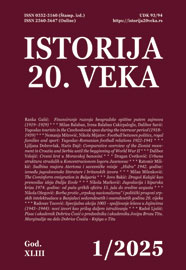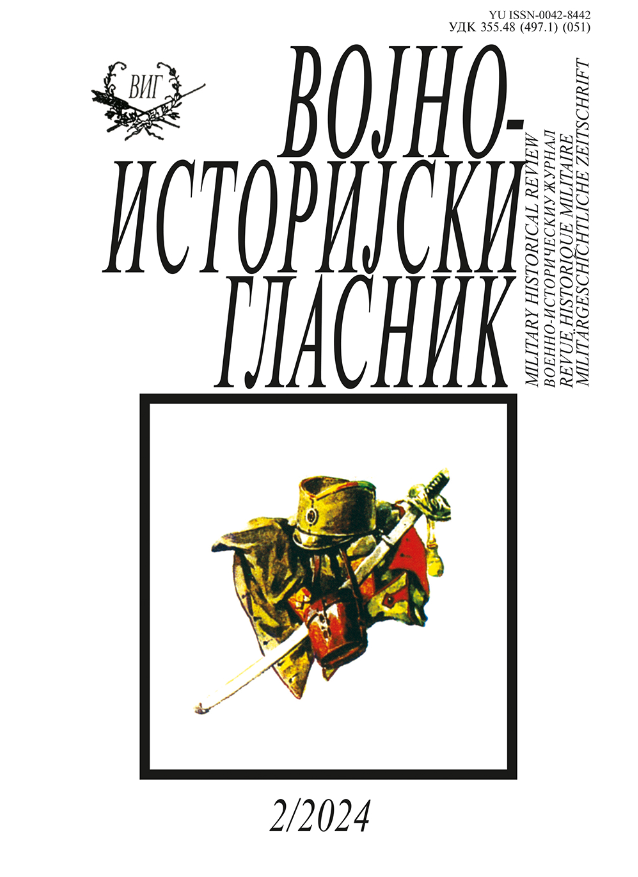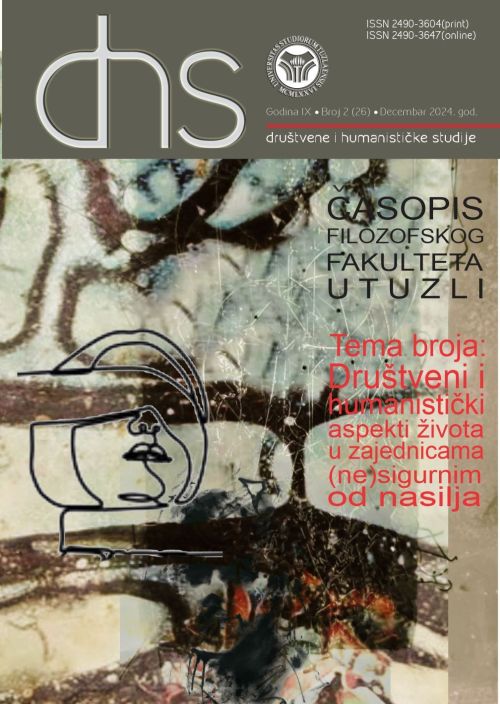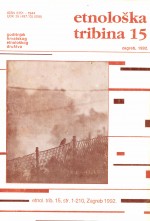
Ulog istraživača - komunikološka zapažanja pri istraživanju osobnih pripovijesti ratnih prognanika
Starting from the premise that a personal narrative is an ethnographic genre, the authors discuss problems involved in collecting personal narratives of the refugees from eastern Slavonia and Baranya who found themselves living in Zagreb. The authors looked for indices of particular, entirely personal experience of war. They are given not only in verbal retrospective of the events but also in non-verbal aspects such as the concrete context of the interview, the particular life context of the informant, the collective refugee context, the wider political context, in pauses, and in restrained or overt emotions of the refugees perceived during the interview. With such an approach, inspired mostly by communication theory, the authors have pointed to the importance of elucidating various aspects which surround a refugee story, bringing thus into forefront important information which the newspaper or official (state) representations lack.
More...
